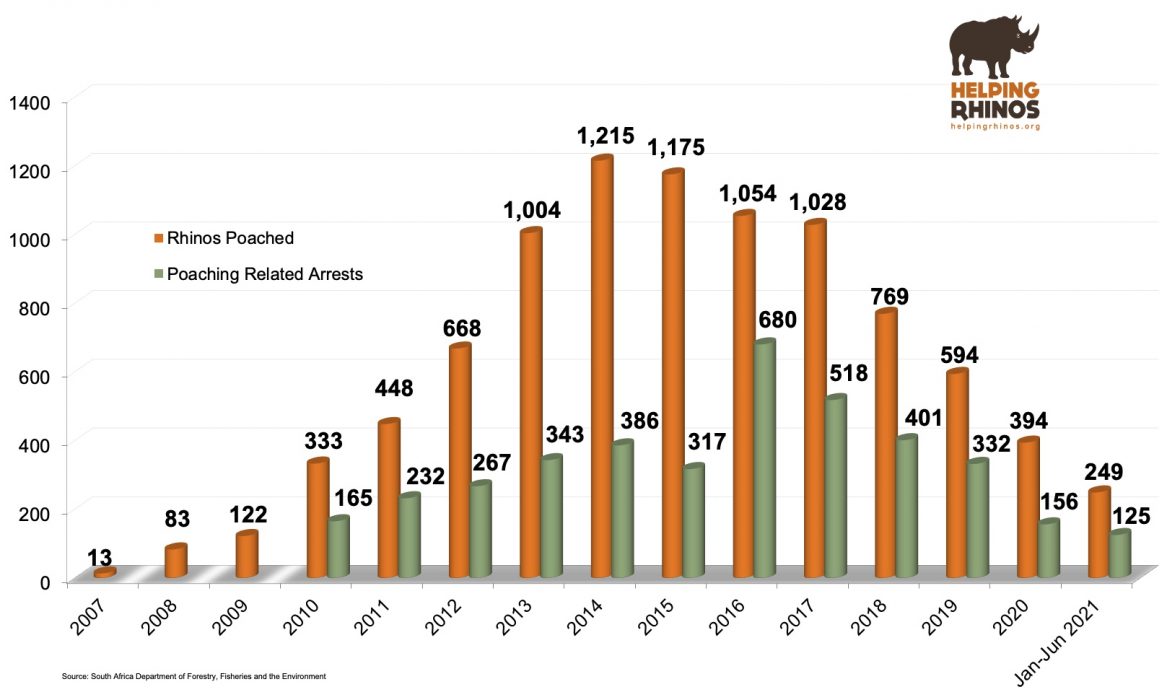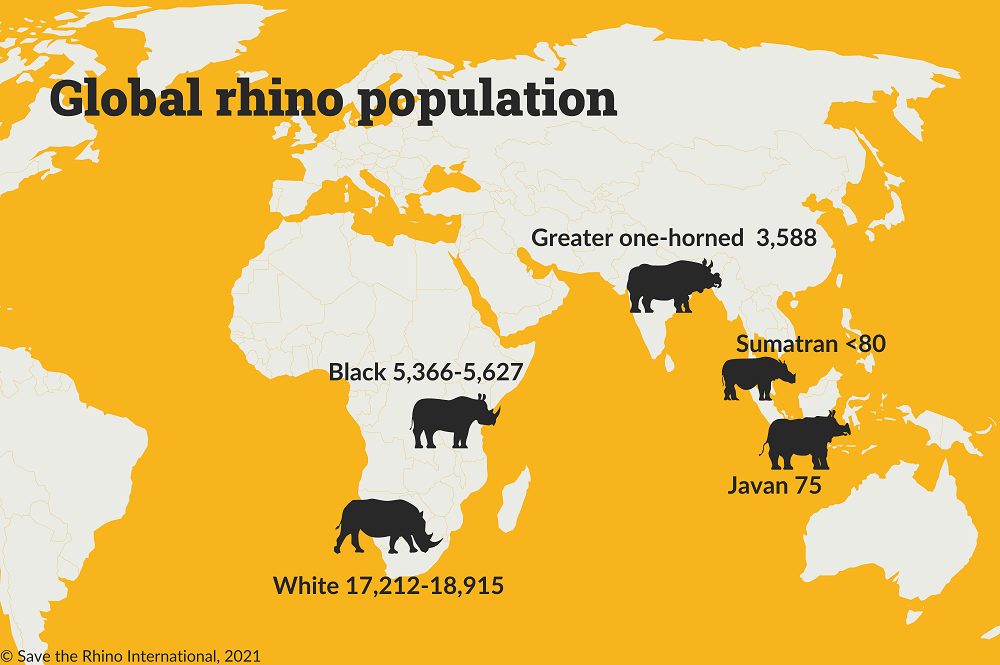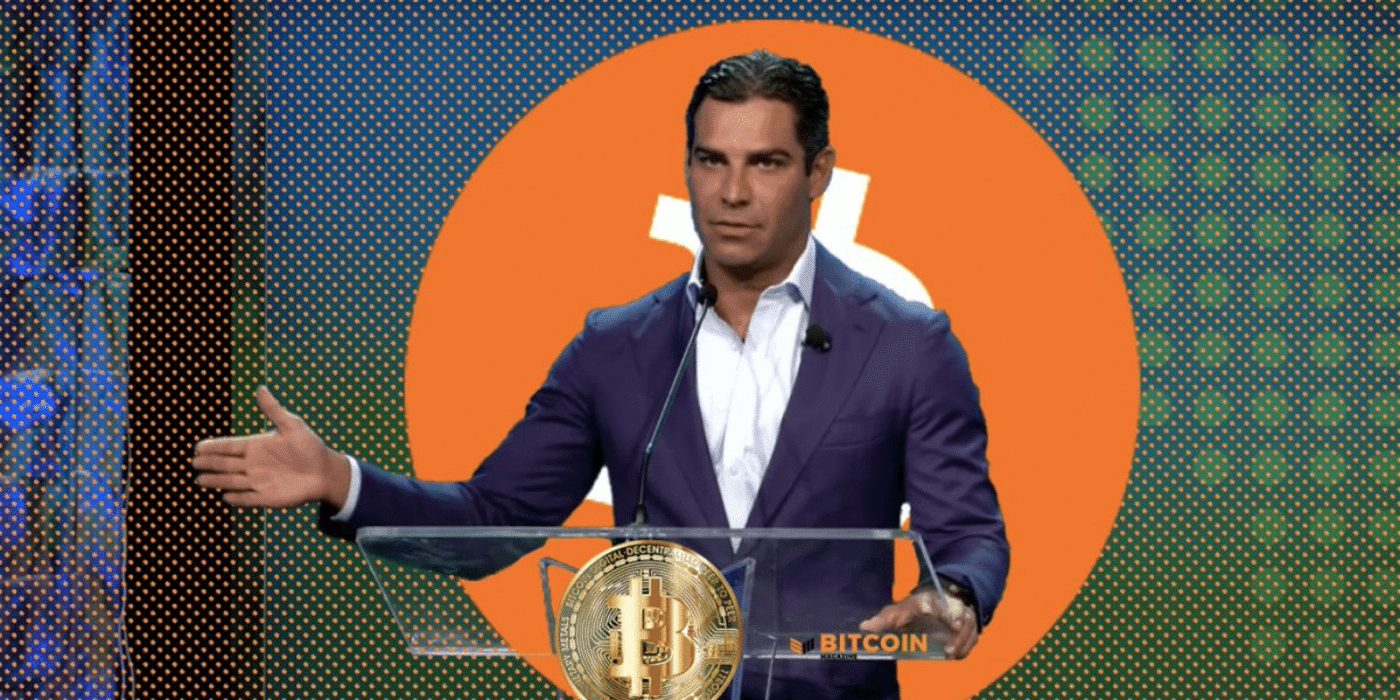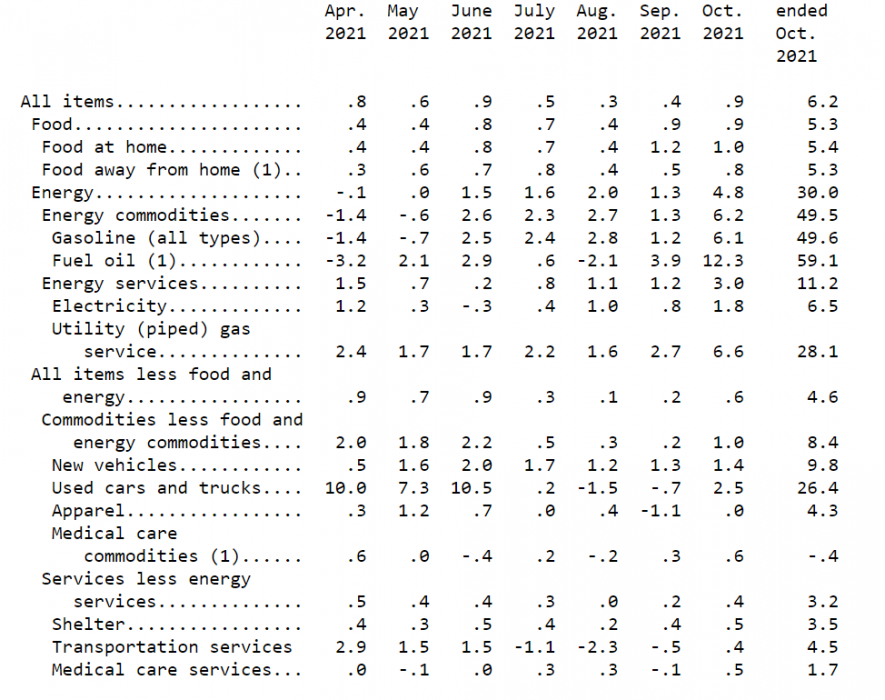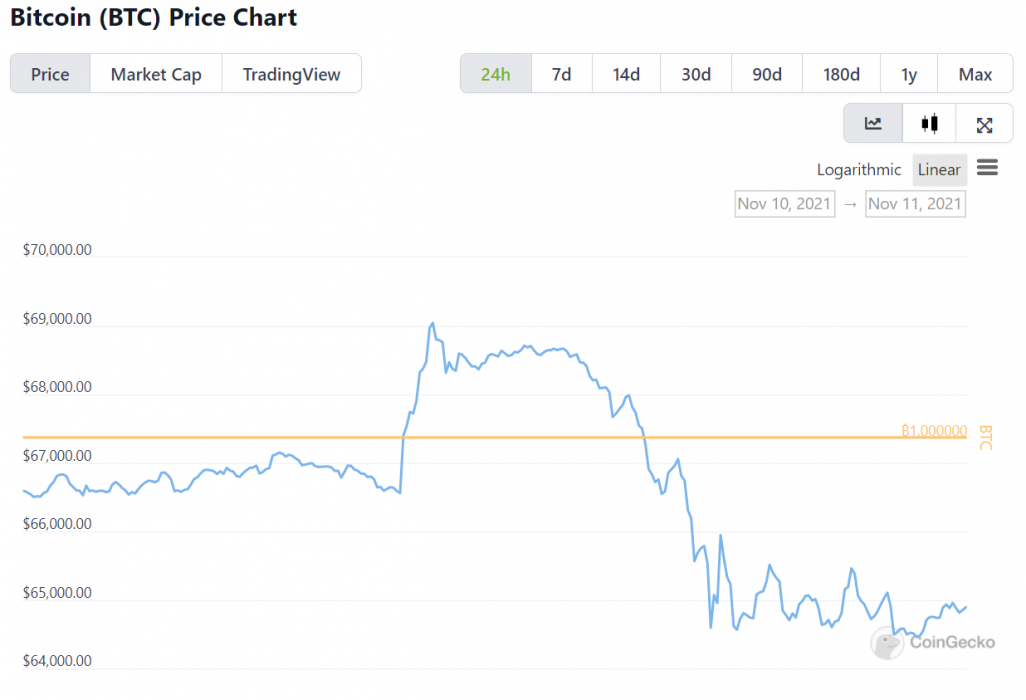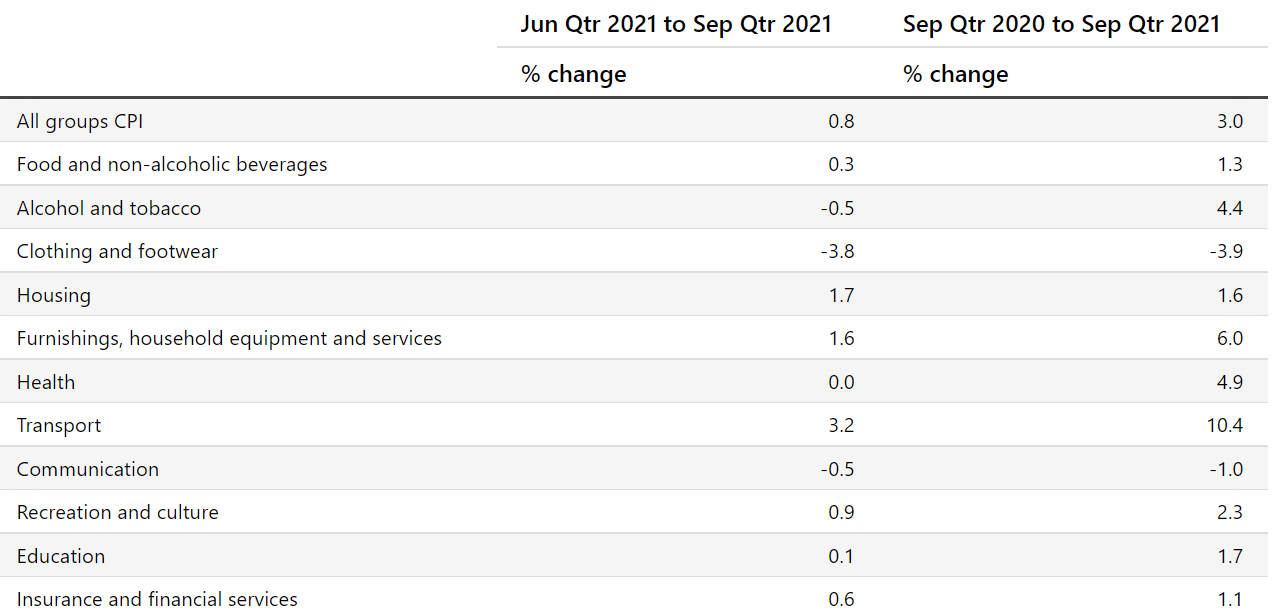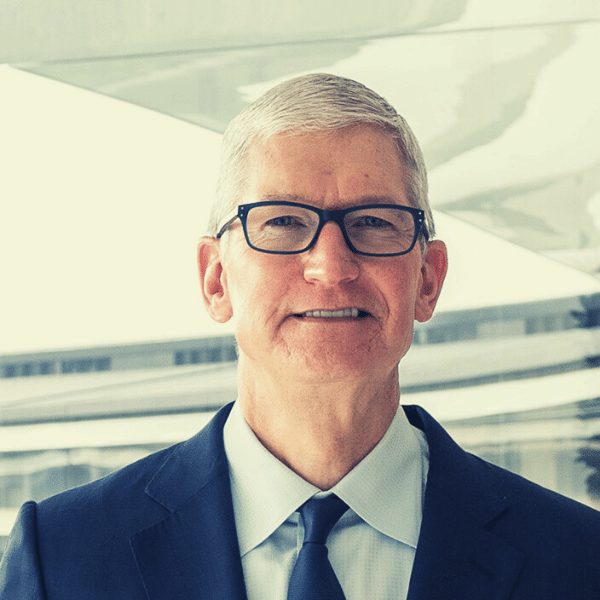Despite ongoing sentiment in traditional finance circles that crypto is the “Wild West”, Chainalysis, which recently partnered with Commonwealth Bank of Australia (CBA), has assured Australia’s biggest bank that it truly isn’t so.

Crypto Forensics On the Case
Chainalysis, which works extensively with the FBI and IRS in the US, has proprietary on-chain forensic analysis techniques that help identify criminal and money-laundering activities on public blockchains.
Speaking to ongoing discussions with local Australian authorities, Chainalysis’ Australia and New Zealand manager Todd Lenfield noted that a lot of its work centred on education.
We want to have conversations with AUSTRAC about what are they looking to regulate and explain to the tax office the lessons that can be learned from what the IRS is doing. We can take experience we have got in the space, and provide a local flavour.
Todd Lenfield, Chainalysis’ country manager in Australia and NZ
Shift in Sentiment in Australia?
In recent months, there have been positive signs that Australia may be gradually shifting towards a more crypto-friendly environment.
Earlier this month, CBA became the first Australian bank to offer its customers the ability to buy cryptocurrencies natively through its digital app. And just this week at the Australian Financial Review Super & Wealth Summit, Liberal Senator Jane Hume cautioned industry against being left behind.
Don’t be the person who thought the iPhone would never take off because people would prefer to have their music and telephone on separate devices. Don’t be the person who was still doing their financial models by hand in 2001, rather than using Excel. Don’t be the person in 1995 who said the internet was just a place for geeks and criminals and would never become mainstream. And don’t be the person who argued that email was a passing fad.
Senator Jane Hume
Despite these positive signs, the Reserve Bank of Australia (RBA) remains concerned about the risks of crypto, in particular memecoins. Over the past year, crypto has seemingly crossed the chasm into mainstream consciousness. This in turn appears to have pushed regulators towards embracing innovation and regulating it, rather than trying to undermine or shut it down.
While some regulatory risks remain, the crypto space within Australia is arguably looking brighter than ever.













